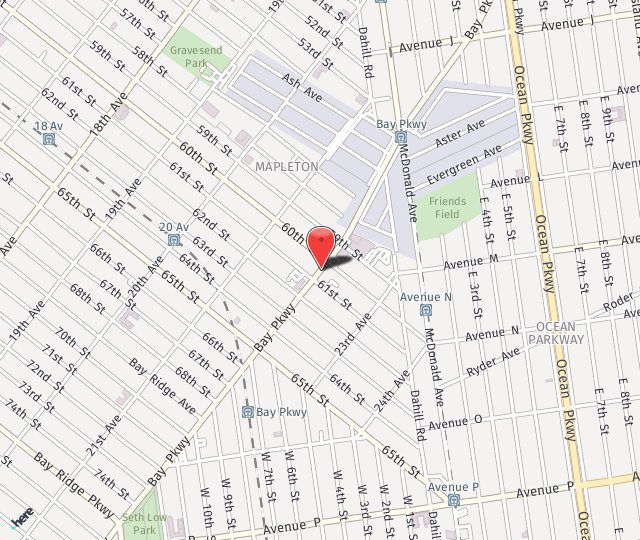Pancreatitis is an inflammation of the pancreas. The pancreas is a large, flat gland located in the upper abdomen, between the stomach and the upper portion of the small intestine, known as the duodenum. The pancreas produces enzymes that flow through the pancreatic duct and combine with bile to aid in the digestion of food. The pancreas also produces insulin and glucagon to help regulate blood sugar levels. When the pancreas becomes inflamed, the enzymes it produces become active and attack it, damaging the pancreas. Pancreatitis can be either an acute or chronic condition causing mild to severe symptoms. Both forms of pancreatitis may lead to complications. Severe cases of pancreatitis may cause permanent damage to the tissue. Pancreatitis is more likely to occur in men than women.
Causes of Pancreatitis
Pancreatitis is believed to be caused by a numerous factors, including the following:
- Heavy alcohol use
- Gallstones
- Smoking
- Family history
- Abdominal injury or surgery
- Infection
- Elevated levels of triglycerides
- Elevated calcium levels in the blood
- Hyperparathyroidism
- Medication
- Cystic fibrosis
- Tumors
- Autoimmune disorder
Symptoms of Pancreatitis
One very serious symptom that may occur as a result of pancreatitis is diabetes, caused by damage to the insulin-producing cells of the pancreas. Other symptoms of pancreatitis may include the following:
- Pain in the upper abdomen
- Pain that radiates to the back
- Indigestion
- Nausea and vomiting
- Fever
- Rapid pulse
- Dehydration
- Weight loss caused by malabsorption of food
Diagnosis of Pancreatitis
After a thorough medical exam and a review of medical history, the following tests may be conducted to confirm diagnosis:
- Blood test
- Ultrasound of the abdomen
- Endoscopic ultrasound
- CT scan
- Magnetic resonance cholangiopancreatography, or MRCP
Treatment of Pancreatitis
Left untreated, pancreatitis can lead to infection, respiratory failure, diabetes, shock and death. Treatment of pancreatitis will depend on whether the condition is acute or chronic. The goal of treatment is to relieve symptoms and eliminate possible causes. Common treatment options for pancreatitis may include the following:
- Hospitalization
- Endoscopic retrograde cholangiopancreatography, or ERCP
- Cholecystectomy
- Treatment for alcohol abuse
- Pain relief
- Enzyme therapy
- Changes to the diet
The avoidance of alcohol, smoking and foods high in fat can help reduce the risks of developing pancreatitis.


